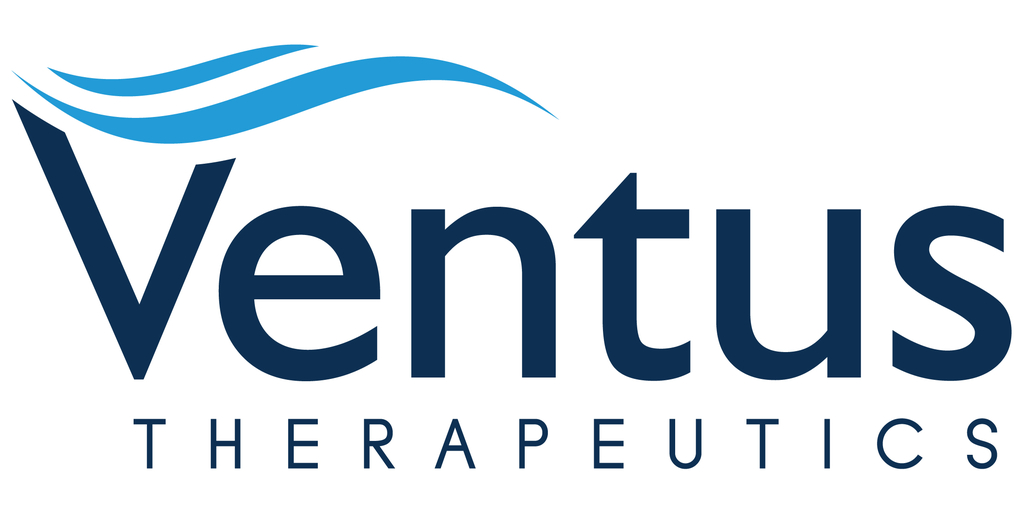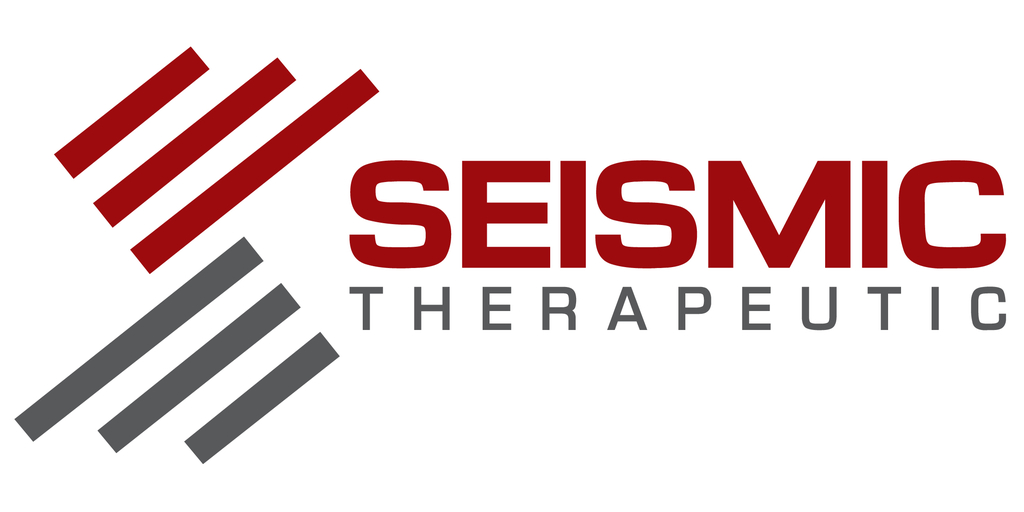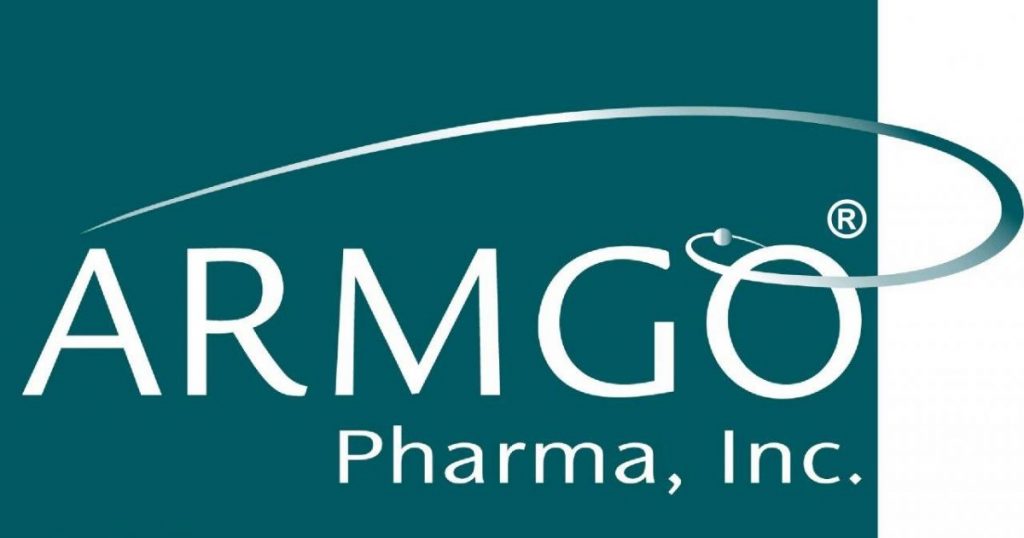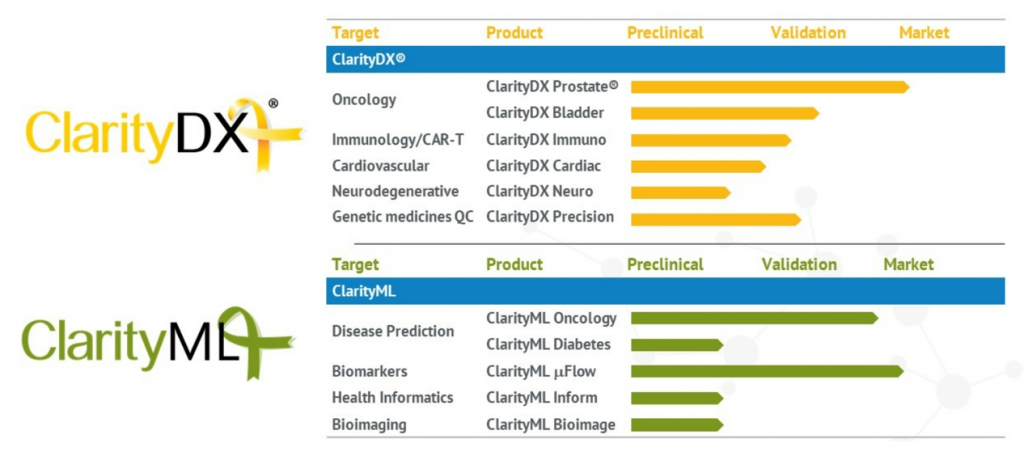Primary endpoint and key secondary endpoint of study met; drug was well tolerated, with no safety concerns identified
Glutamatergic inhibition mechanism of action offers an innovative therapeutic option to schizophrenia patients not benefitting from current antipsychotic treatments
Next step: Potentially pivotal, Phase III, one-year, randomized, double-blind, placebo-controlled trial in treatment resistant schizophrenia (TRS)
Milan, Italy, April 30, 2024, 07:00 am CEST – Newron Pharmaceuticals S.p.A. (“Newron”) (SIX: NWRN, XETRA: NP5), a biopharmaceutical company focused on the development of novel therapies for patients with diseases of the central and peripheral nervous system (CNS), today announced positive top-line results from its potentially pivotal study 008A, evaluating the safety, tolerability and efficacy of evenamide (30 mg bid) in patients with chronic schizophrenia currently being treated with a second-generation antipsychotic including clozapine, but demonstrating an inadequate response to that treatment. The study met its primary endpoint of improvement on the Positive and Negative Syndrome Scale (PANSS) Total Score as well as the key secondary endpoint of improvement of the Clinical Global Impression of Severity (CGI-S).

Study 008A was a four-week, international, randomized, double-blind and placebo-controlled add-on Phase II/III study performed in 45 centers in 11 countries in Europe, Asia and Latin America. 291 patients were randomized to treatment either with evenamide or placebo as add-on to their current antipsychotic therapy.
Evenamide confirmed its favourable safety and tolerability profile, with a high rate of completion. Two hundred and eighty of the 291 patients completed the study with only three patients discontinuing the study due to adverse events, two of them on evenamide and one patient on placebo who died during the study. No new or specific concerns were raised in the study; only 25% of the patients in the study experienced at least one adverse event (evenamide 25% versus placebo 25.8%). There was no difference in the incidence of CNS, psychiatric, gastrointestinal or other adverse events between evenamide and placebo. The most common adverse events reported in patients treated with evenamide were headache, vomiting and nasopharyngitis (three patients, each); similar numbers of patients on placebo experienced these adverse events.
In the study, the addition of 30 mg (bid) of evenamide to the patients’ current antipsychotic medication was associated with a highly statistically significant (p-value 0.006) reduction in the PANSS Total Score of 10.2 points, compared to 7.6 points in patients treated with placebo at day 29; the least square mean difference (LS mean difference) was 2.5. For the key secondary measure, the Clinical Global Impression of Severity (CGI-S), the LS mean difference between patients treated with evenamide and placebo was 0.16; the corresponding p-value was 0.037.
Ravi Anand, MD, Chief Medical Officer of Newron, stated: “The results seen in study 008A with evenamide are ground-breaking and unique from many perspectives. This is the first major international study to demonstrate the significant benefit of adding a new chemical entity (NCE) to poorly responding, compliant schizophrenia patients being treated with a second-generation antipsychotic. It is also the first demonstration of efficacy in a placebo-controlled trial of a NCE acting exclusively through glutamatergic inhibition. These results, together with the recently reported one-year efficacy results in treatment-resistant patients, substantiate the pivotal role of glutamate in finding new therapeutic options for schizophrenia patients.”
Additional details from the study will be disclosed in the coming weeks.
Media/analyst/investor Conference Call today at 3 pm CET
Newron’s management team will be available today to discuss the top-line results from study 008A. Please dial in five to ten minutes prior to the beginning of the call using one of the following telephone numbers:
- Switzerland/Europe: +41 (0)58 310 50 00
- Germany: +49 (0)69 505 0 0082
- United Kingdom: +44 (0)207 107 0613
- United States: +1 (1)631 570 5613
- Japan: +81 35 050 5361
About evenamide
Evenamide, an orally available new chemical entity, specifically blocks voltage-gated sodium channels (VGSCs) and is devoid of biological activity at >130 other CNS targets. It normalizes glutamate release induced by aberrant sodium channel activity (veratridine-stimulated), without affecting basal glutamate levels, due to inhibition of VGSCs. Combinations of ineffective doses of evenamide and other APs, including clozapine, were associated with benefit in animal models of psychosis, suggesting synergies in mechanisms that may provide benefit in patients who are poor responders to current APs, including clozapine.
About Newron Pharmaceuticals
Newron (SIX: NWRN, XETRA: NP5) is a biopharmaceutical company focused on the development of novel therapies for patients with diseases of the central and peripheral nervous system. The Company is headquartered in Bresso near Milan, Italy. Xadago®/safinamide has received marketing authorization for the treatment of Parkinson’s disease in the European Union, Switzerland, the UK, the USA, Australia, Canada, Latin America, Israel, the United Arab Emirates, Japan and South Korea, and is commercialized by Newron’s Partner Zambon. Supernus Pharmaceuticals holds the commercialization rights in the USA. Meiji Seika has the rights to develop and commercialize the compound in Japan and other key Asian territories. Newron is also developing evenamide as the potential first add-on therapy for the treatment of patients with symptoms of schizophrenia. For more information, please visit: www.newron.com
For more information, please contact:
Newron
Stefan Weber – CEO
+39 02 6103 46 26
pr@newron.com
UK/Europe
Simon Conway / Ciara Martin / Natalie Garland-Collins, FTI Consulting
+44 20 3727 1000
SCnewron@fticonsulting.com
Switzerland
Valentin Handschin, IRF
+41 43 244 81 54
handschin@irf-reputation.ch
Germany/Europe
Anne Hennecke / Caroline Bergmann, MC Services
+49 211 52925222
newron@mc-services.eu
USA
Paul Sagan, LaVoieHealthScience
+1 617 374 8800, Ext. 112
psagan@lavoiehealthscience.com
Important Notices
This document contains forward-looking statements, including (without limitation) about (1) Newron’s ability to develop and expand its business, successfully complete development of its current product candidates, the timing of commencement of various clinical trials and receipt of data and current and future collaborations for the development and commercialization of its product candidates, (2) the market for drugs to treat CNS diseases and pain conditions, (3) Newron’s financial resources, and (4) assumptions underlying any such statements. In some cases, these statements and assumptions can be identified by the fact that they use words such as “will”, “anticipate”, “estimate”, “expect”, “project”, “intend”, “plan”, “believe”, “target”, and other words and terms of similar meaning. All statements, other than historical facts, contained herein regarding Newron’s strategy, goals, plans, future financial position, projected revenues and costs and prospects are forward-looking statements. By their very nature, such statements and assumptions involve inherent risks and uncertainties, both general and specific, and risks exist that predictions, forecasts, projections and other outcomes described, assumed or implied therein will not be achieved. Future events and actual results could differ materially from those set out in, contemplated by or underlying the forward-looking statements due to a number of important factors. These factors include (without limitation) (1) uncertainties in the discovery, development or marketing of products, including without limitation difficulties in enrolling clinical trials, negative results of clinical trials or research projects or unexpected side effects, (2) delay or inability in obtaining regulatory approvals or bringing products to market, (3) future market acceptance of products, (4) loss of or inability to obtain adequate protection for intellectual property rights, (5) inability to raise additional funds, (6) success of existing and entry into future collaborations and licensing agreements, (7) litigation, (8) loss of key executive or other employees, (9) adverse publicity and news coverage, and (10) competition, regulatory, legislative and judicial developments or changes in market and/or overall economic conditions. Newron may not actually achieve the plans, intentions or expectations disclosed in forward-looking statements and assumptions underlying any such statements may prove wrong. Investors should therefore not place undue reliance on them. There can be no assurance that actual results of Newron’s research programs, development activities, commercialization plans, collaborations and operations will not differ materially from the expectations set out in such forward-looking statements or underlying assumptions. Newron does not undertake any obligation to publicly update or revise forward-looking statements except as may be required by applicable regulations of the SIX Swiss Exchange or the Dusseldorf Stock Exchange where the shares of Newron are listed. This document does not contain or constitute an offer or invitation to purchase or subscribe for any securities of Newron and no part of it shall form the basis of or be relied upon in connection with any contract or commitment whatsoever.
30.04.2024 CET/CEST Dissemination of a Corporate News, transmitted by EQS News – a service of EQS Group AG.
The issuer is solely responsible for the content of this announcement.
The EQS Distribution Services include Regulatory Announcements, Financial/Corporate News and Press Releases.
Archive at www.eqs-news.com











